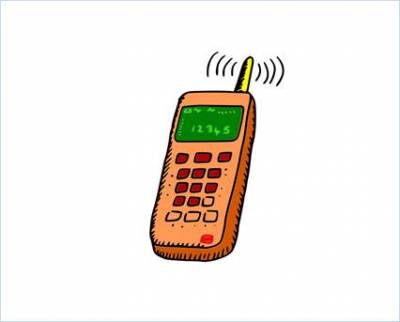Spectrum Audit and Spectrum Pooling and Sharing under consideration: Milind Deora
Deora also mentioned that India has established an Institute of Advanced Spectrum Engineering and Management Studies (IARSEMS) for undertaking research and studies on radio spectrum engineering management and radio monitoring to enhance use of spectrum for commercial and strategic usages by private and Government sectors in the country.
Sadhana Dikshit, Member, Telecom Commission in her speech, in the inaugural session, mentioned about the role of WP5D which deals with studies and evaluation of the various technologies, standards and also assesses spectrum requirements for mobile systems including International Mobile Telecommunication (IMT) and IMT advanced systems including 4G.
Dikshit said that India has registered phenomenal growth in the mobile sector and today India's telephone network with 893 million phones of which 858 million are wireless, is the second largest in the world. Over time a series of economic reforms introduced in the country and an enabling policy and regulatory framework have made the telecom sector, the fastest growing sector of the Indian economy. She further mentioned that telecommunications have been playing an ever increasing role in the socio-economic development of countries as the Radiocommunication is a most important pillar in the modern era with more and more dependence on mobility, convergence and information. The Radiocommunications are changing the way how people live and the way societies organize themselves, thanks to mobile telephony, mobile internet access, satellite television and satellite Radionavigation, which are able to connect virtually everybody in the World, to provide instant access to information and to deliver a wealth of new important applications.
Dr. Ashok Chandra, Wireless Advisor to the Government of India, while welcoming the delegates/participants mentioned about initiatives taken by the Government of India including promulgation of National Frequency Allocation Plan (NFAP-2011) and salient features of draft New Telecom Policy-2011 relating to the IMT applications.








Share
Facebook
YouTube
Tweet
Twitter
LinkedIn